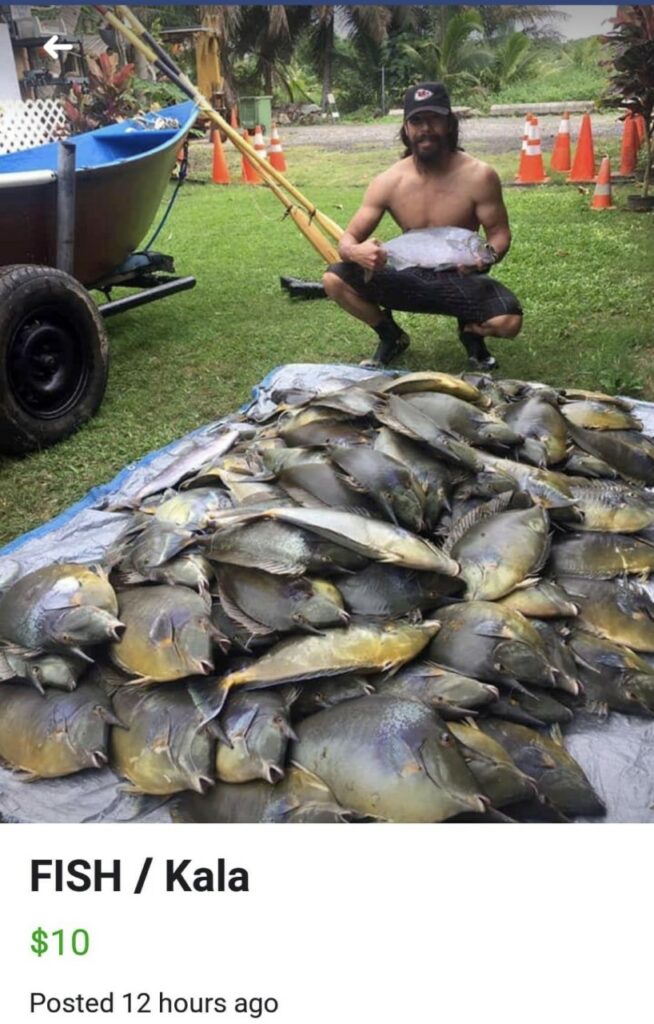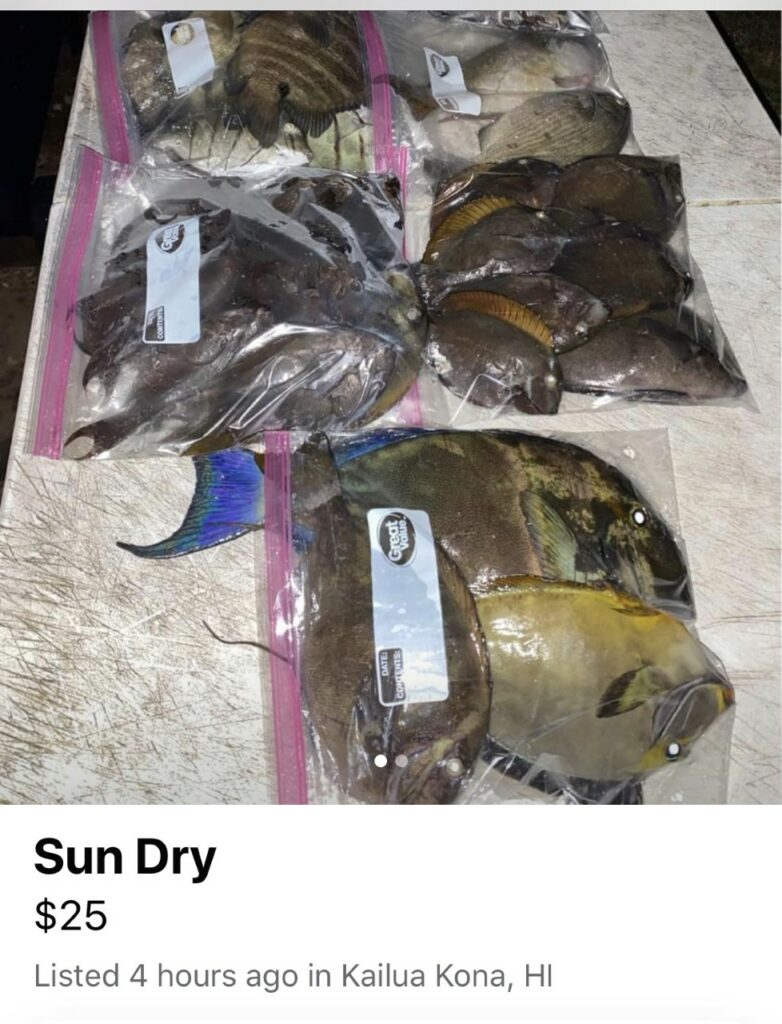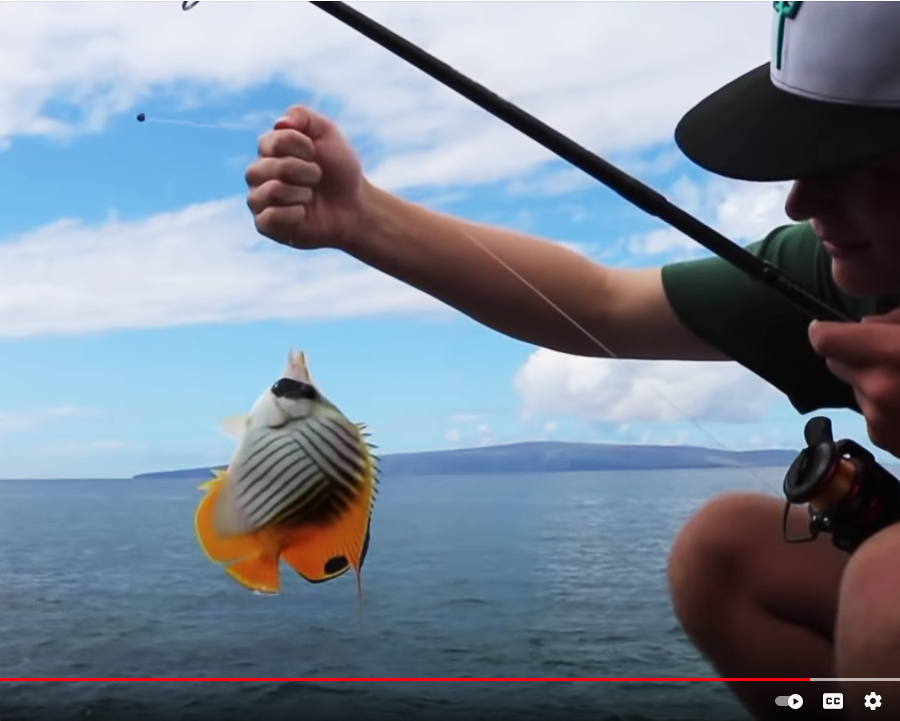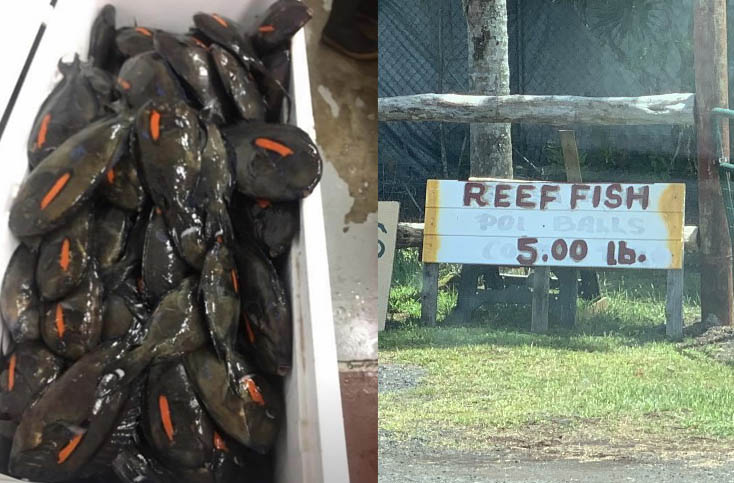Hawaii’s small marine aquarium fishery has long been considered one of the most well-studied, well-managed ornamental marine fisheries on the planet. Anti-aquarium activists have attempted to legislate the fishery out of existence for over a decade, but sound science and data continued to thwart their efforts. It wasn’t until opponents of the trade sought a judicial strategy that they found success at closing the fishery in late 2017.
Now, having weathered nearly 4 years of being “out of work”, the fishery finally has an approved environmental impact statement. While fishers lost their livelihoods, “aquarium fish” continued to be harvested and killed without any scrutiny by another group—recreational fishers.

How is this legal?
From a scientific and ecological standpoint, when a reef fish is removed from the reef, it is gone. What happens to it afterward doesn’t matter, at least as it pertains to the impact the fish would have if it were left on the reef.

We asked a highly respected marine biologist who lives in the Hawaiian Islands: How can this ongoing harvest of aquarium fish be legal?
“As long as you are not fishing in a marine life conservation district, this is legal for recreational fishermen, and no fishing license is required. On West Hawaii, there are also Fish Replenishment Areas, where no aquarium fish collecting is allowed, but recreational fishing is still allowed, and it would be ok to catch this butterflyfish [see below] and kill it—as long as you didnʻt sell it, either dead or alive.
“If you wanted to catch this same fish alive to sell, youʻd need to go to the Hawaii Supreme Court, spend a $100,000, hire a legal team, spend endless years battling public opinion, take 20 years and thousands of man-hours underwater to be sure youʻre not overfishing—and after all that youʻll be sued and back in court again.
“Welcome to Hawaii!”







I side with you guy’s! I love a beautiful tank!
This is absolutely Hawaii’s double standard to ban reef fish transportation to the main land when they are destroying the marine life and ecosystem themselves by catching and eating them. I was working with the military in 2018 at the island Molakai, Hawaii and native people were catching all exotic reef fish which was killing my heart and soul.